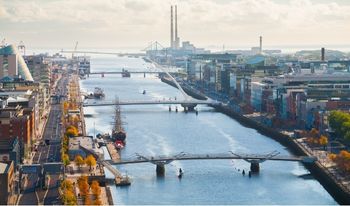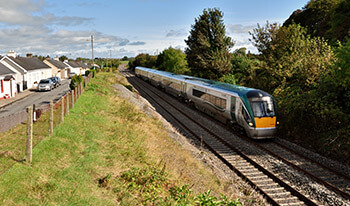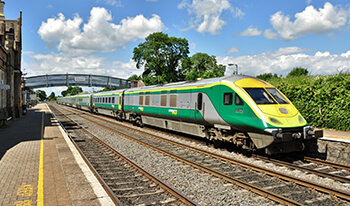Dublin is both the largest city and capital of Ireland. It is located near the midpoint of Ireland's east coast, at the mouth of the River Liffey and at the centre of the Dublin Region. Founded as a Viking settlement, the city has been Ireland's primary city for most of the island's history since medieval times. Today, it is an economic, administrative and cultural centre for the island of Ireland and has one of the fastest growing populations of any European capital city.
The city has a world-famous literary history, having produced many prominent literary figures, including Nobel laureates William Butler Yeats, George Bernard Shaw and Samuel Beckett. Other influential writers and playwrights from Dublin include Oscar Wilde, Jonathan Swift and the creator of Dracula, Bram Stoker. It is arguably most famous, however, as the location of the greatest works of James Joyce. Dubliners is a collection of short stories by Joyce about incidents and characters typical of residents of the city in the early part of the 20th century. His most celebrated work, Ulysses, is also set in Dublin and full of topical detail. Additional widely celebrated writers from the city include J.M. Synge, Seán O'Casey, Brendan Behan, Maeve Binchy, and Roddy Doyle. Ireland's biggest libraries and literary museums are found in Dublin, including the National Print Museum of Ireland and National Library of Ireland.
There is a vibrant nightlife in Dublin and it is reputedly one of the most youthful cities in Europe - with estimates of 50% of inhabitants being younger than 25. Furthermore in 2007, it was voted the friendliest city in Europe. Like the rest of Ireland, there are pubs right across the city centre. The area around St. Stephen's Green - especially Harcourt Street, Camden Street, Wexford Street and Leeson Street - is a centre for some of the most popular nightclubs and pubs in Dublin. The internationally best-known area for nightlife is the Temple Bar area just south of the River Liffey.
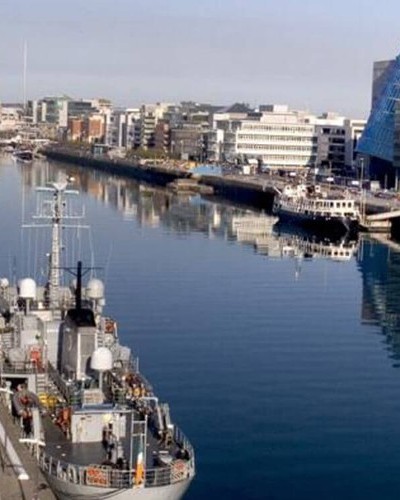
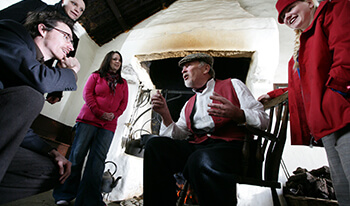

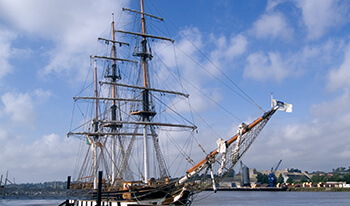
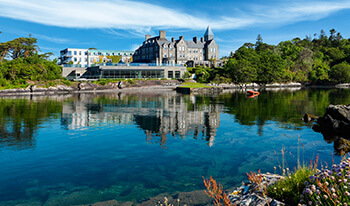
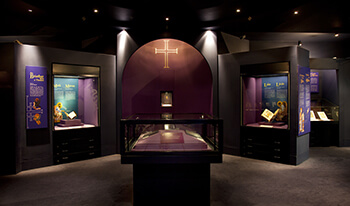
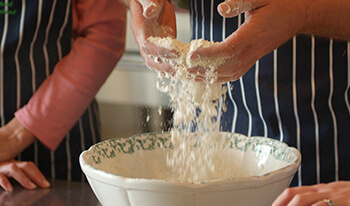
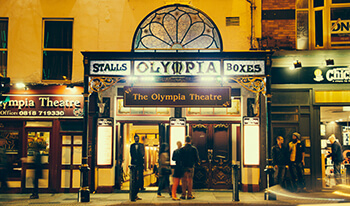
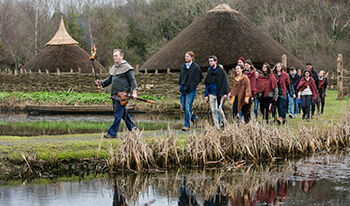
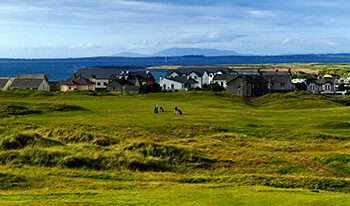
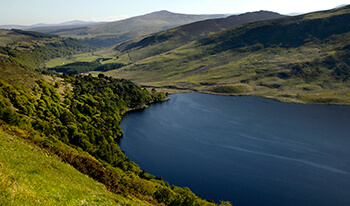
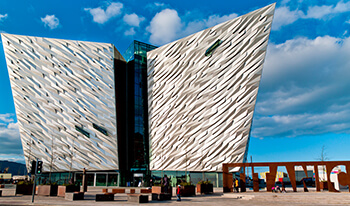
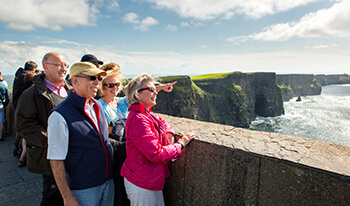
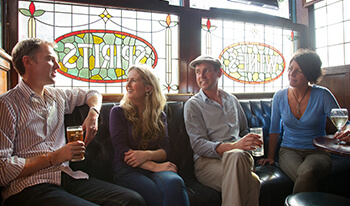
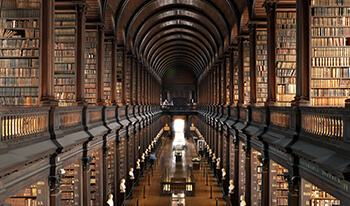
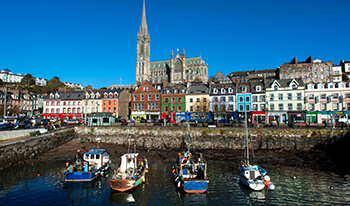
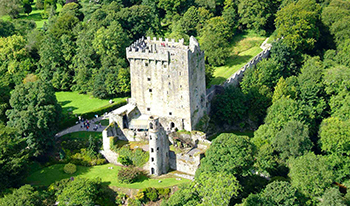
.png)
